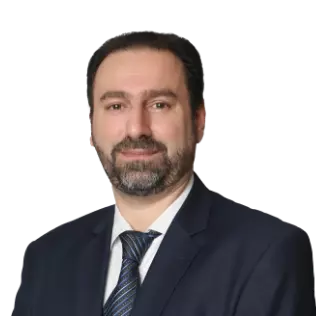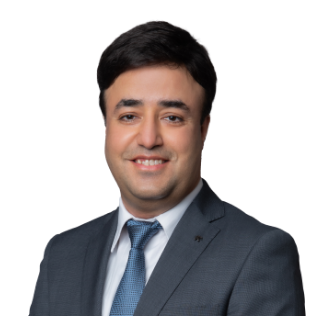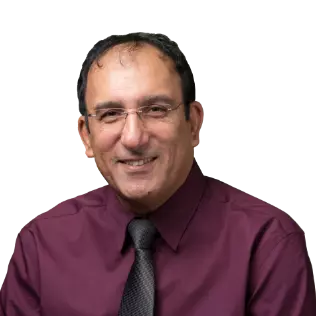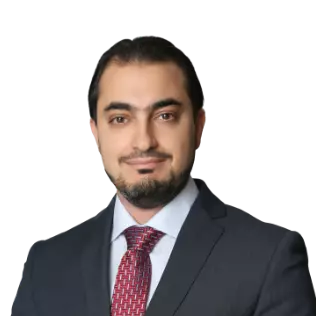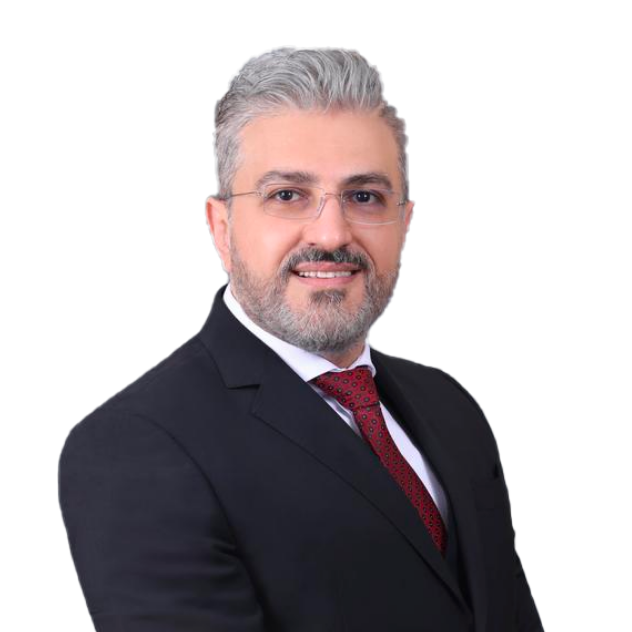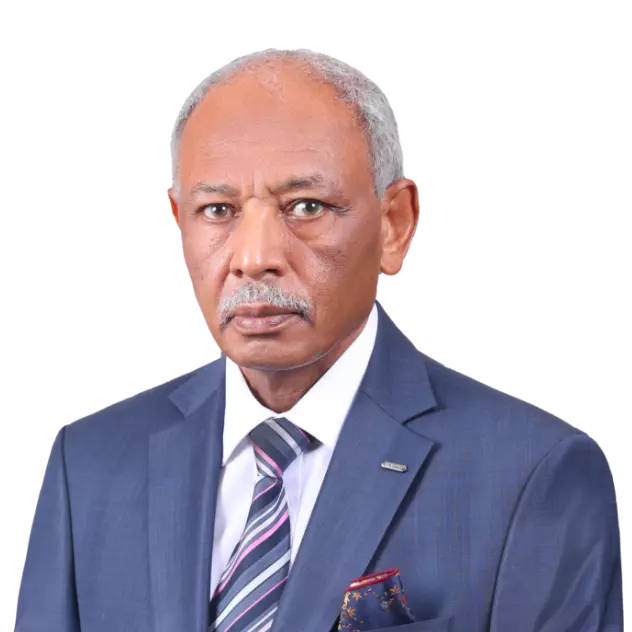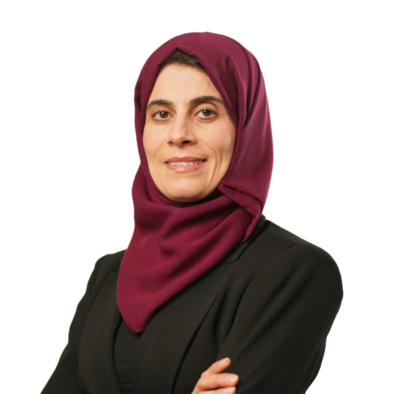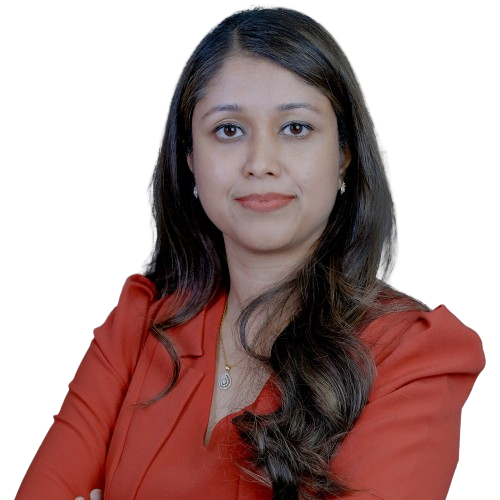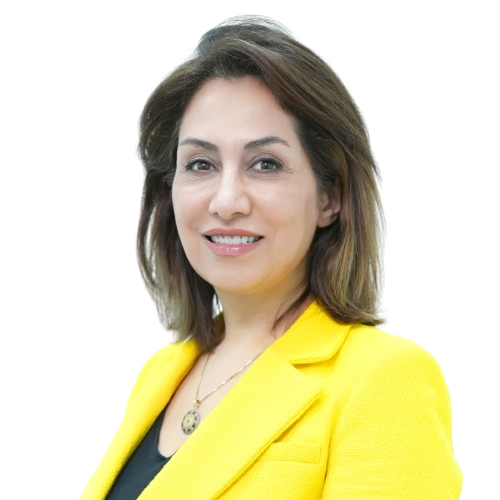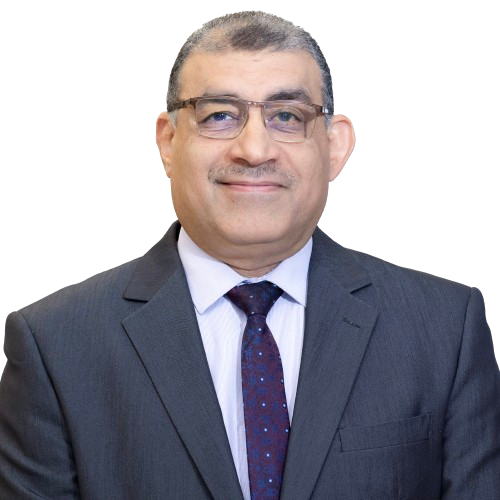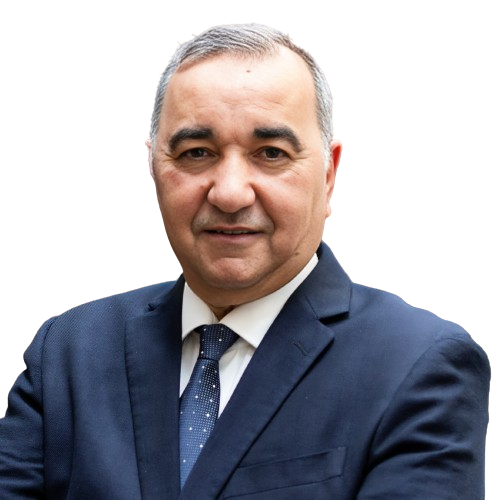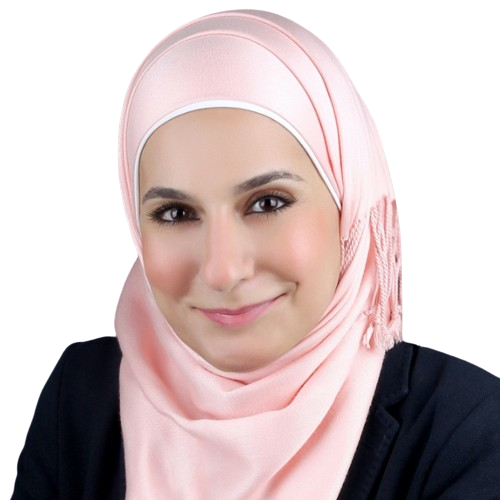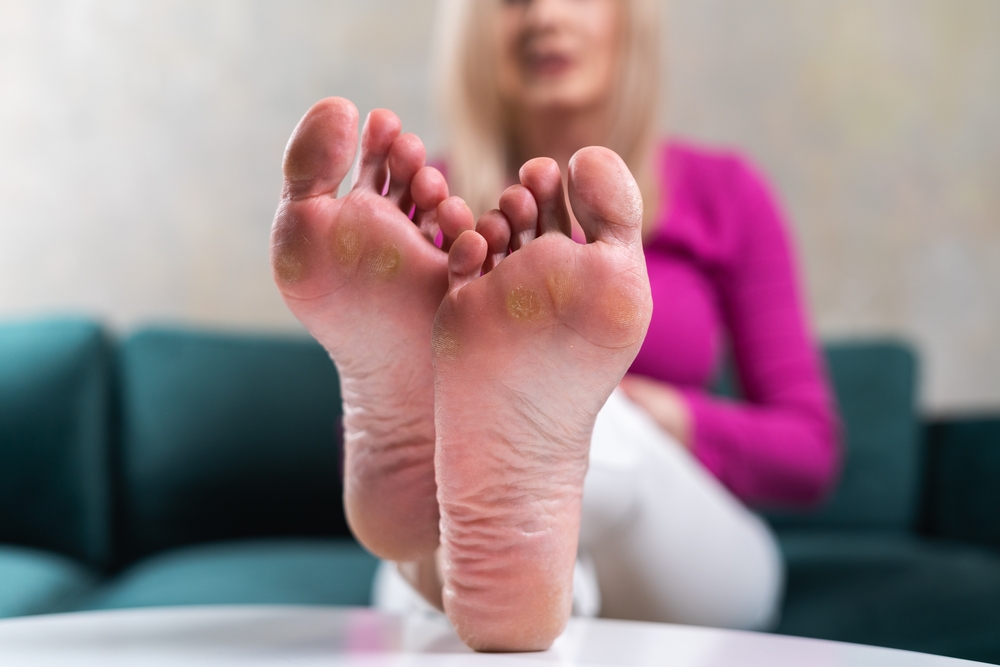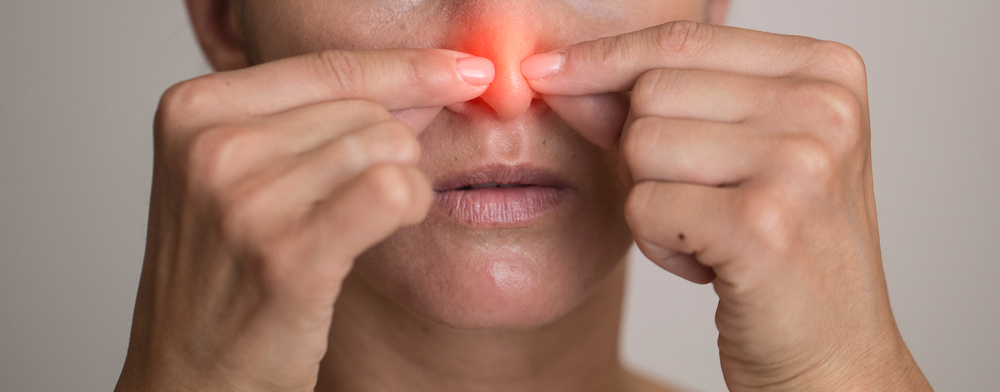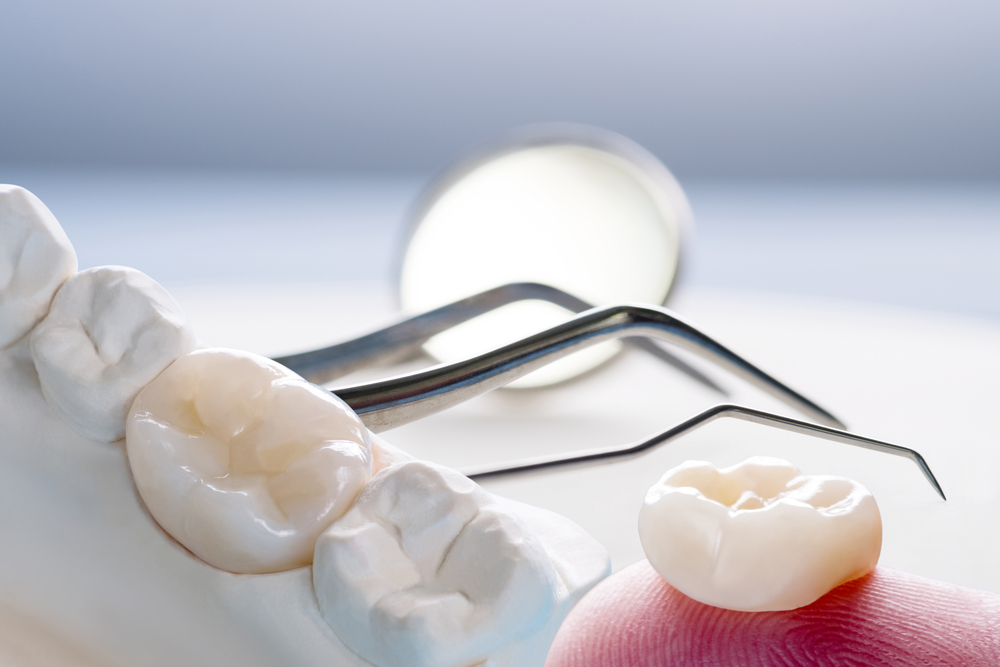Haemorrhoids: Treatment, Symptoms & Causes
Written By: Dr. Khaldoun Ghareb
Updated On:December 26, 2023
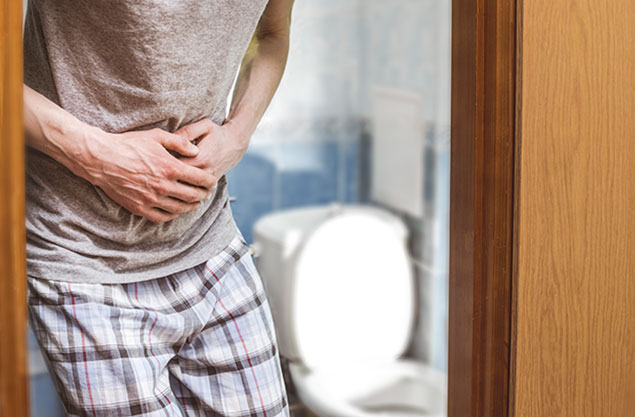
What is Haemorrhoids?
Haemorrhoids (piles) are enlarged blood vessels that develop inside the rectum, or under the skin around the anus. They’re usually small, round, discoloured lumps. You can feel them on your anus or hanging down from your anal canal.
It’s normal to have blood vessels in your anus – they have an important role to play in continence. But when these veins get enlarged, they may cause pain or display the following symptoms.
Symptoms of Haemorrhoids?
- Bleeding during a bowel movement
- A feeling that you still need to empty your bowels even after having done so
- Pain or lumps around your anus
- Pain and discomfort after you visit the toilet
What causes Haemorrhoids?
Typically, an increase in the pressure in the lower rectum can lead to haemorrhoids. This may be due to:
- Chronic constipation or diarrhoea
- Pregnancy and vaginal delivery
- Straining when passing stool
- Lifting heavy loads
- A diet low in fibre
- Sitting on the toilet for a long duration
- Obesity
- Anal intercourse
Hemorrhoids Treatment at Home
You can reduce your chances of getting haemorrhoids and also manage your piles symptoms if you make a few changes to your diet and lifestyle.
Some home remedies for hemorrhoids include:
- Eating a high-fibre diet to keep the stools softer and easier to pass so as to reduce the pressure on the veins in your anus caused by straining.
- Consuming 6 to 8 glasses of water and non-alcoholic liquids every day.
- Reducing excessive intake of tea and coffee.
- Avoiding strain when going to the toilet. Afterwards, gently clean around your anus with water and pat the area dry.
- Avoiding sitting for long periods, especially on the toilet, as it increases the pressure on the anal veins.
- Being active and exercising as it prevents constipation, lessens stress on veins and reduces obesity.
Haemorrhoids Diagnosis
Doctors use diagnostic tests to determine the correct line of treatment for your haemorrhoids, such as:
- Endoanal Ultrasound: An ultrasound scanner placed within the anal canal allows identification of the muscles in the anal canal – to decide the best treatment for you.
- Anorectal Manometry: A small catheter introduced into the anus to record the sphincter pressure and assess how the rectum and the anal sphincter are working.
- High Resolution Anoscopy: To examine the anus for abnormal cells which may turn cancerous, in future.
Haemorrhoids Treatment
Specific interventions depending on the size of the haemorrhoids and the severity of the symptoms are:
- Laser Treatment: The veins feeding the haemorrhoids are coagulated by laser or infrared light or heat. This can be performed as an outpatient procedure
- Radiofrequency Ablation: This is effective in the management of early-stage haemorrhoids in which bleeding is the main symptom.
- Rubber Banding: Rubber bands are placed at the base of the internal haemorrhoid in order to cut off the blood supply and cause the haemorrhoid to fall off
- Stapler Treatment: This procedure involves the use of a special stapling device to remove a doughnut of the rectal lining. The bulging internal haemorrhoids are pulled back into the anus. This is performed in an operation theatre
- Sclerotherapy: In this procedure, a chemical called a sclerosing agent is injected into the internal haemorrhoid. This leads to the creation of scar tissue that fixes the internal haemorrhoid in place
Minimally Invasive Modern Interventions for Haemorrhoids
- Trans-anal Haemorrhoidal Dearterialization (THD): This is a Doppler Guided Treatment that is less painful, affords faster recovery and does not create an anal wound as it’s performed without a traditional surgery.
- Mucopexy: This is a surgical procedure, usually performed with TDH. Your surgeon will make a stitch around and through the length of the haemorrhoid. Both the ends (top and bottom) of the stitch are tied together, pulling up and strangulating the haemorrhoid. It’s a relatively pain free procedure and the patient can leave the hospital on the same day.
- Trans-anal minimally invasive surgery (TAMIS): A specialized device is placed inside the anal canal to provide the surgeon access to the rectum. A high-definition camera and laparoscopic instruments are placed through the TAMIS device, allowing the surgeon to operate with the utmost precision.
Faecal Incontinence
What is Bowel (faecal) Incontinence?
Inability to control bowel movement, causing stools to leak suddenly from the rectum.
What are the possible causes of bowel (faecal) incontinence?
Possible causes of bowel incontinence include continuous diarrhoea, chronic constipation,
haemorrhoids, muscle damage, nerve damage or pelvic floor dysfunction.
Who is at risk of developing bowel (faecal) incontinence?
Bowel incontinence is common in adults over sixty-five years of age, especially among women who have given birth or in patients who have undergone an anal operation.
How can bowel (faecal) incontinence be diagnosed?
Bowel incontinence may be diagnosed through a simple physical examination of the rectum by a doctor. Other tests like anorectal manometry in which a pressure monitor measures the strength of the sphincter muscles, an electromyography to assess the health of muscles and the nerves or an anorectal ultrasound which uses high-frequency sound waves to create images of tissue layers beneath the surface of the anal canal.
What are the Treatment options for Bowel (faecal) Incontinence?
Conservative treatments include lifestyle and diet change, pelvic floor muscle exercises and biofeedback which is a type of bowel training exercise.
Another procedure without traditional surgery, in which a self-expanding material, equipped with shape memory, is used. After 24-48 hours from implantation, the prostheses expand by absorbing the physiological fluids and increase their volume up to 550% of their original size. Thanks to the "shape memory" effect, the implants are able to return to their initial shape following the movement of the anal sphincter
Meet our doctors from the General Surgery department
